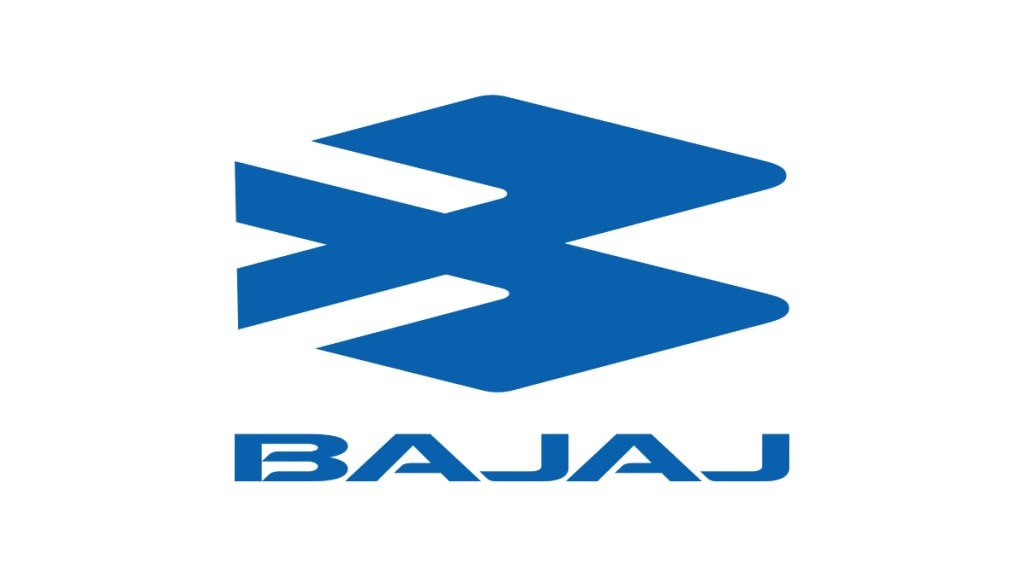Shares of Bajaj Auto fell 3.6% to an intra-day low of Rs 8,700.05 a day after the company reported its Q4 earnings as investors believe that rich valuation outbids strong performance.
The company posted revenue of Rs 11,485 crore in the last fiscal quarter of FY24, which was 29% higher on year. Its EBITDA grew 34% at Rs 2,307 crore year-over-year. The Q4 net profit at Rs 1,936 crore, up 35% year-on-year Vs Rs 1,433 crore in the same period a year ago.
In FY2024, the revenue touched an all-time high of around Rs 44,685 crore, up 23% YoY, arising from the record sales of both vehicles and spares. The company clocked a record net profit of Rs 7,479 crore.
Analysts at Prabhudas Lilladher believe the rise in EV volume suppressed margins, however, it has been able to mitigate some of it through cost-cutting initiatives. Going forward, the management expects the domestic 2W market to grow by 7-8% in FY25 with faster growth anticipated in the premium range of motorcycles.
Margins in the medium term are likely to draw support from favourable mix and higher operating leverage. “Given the successful track record of product intervention by Bajaj Auto in the last few years, we remain positive on the stock,” said JM Financial in a research report.
The automaker saw consistent growth across all quarters (with quarterly highs on 3/4) reflecting the resilient business model, where a strong domestic performance more than made up for muted exports which continued to be impacted by the challenging context in overseas markets.
The management expects the domestic two-wheeler market to grow by 7-8% in FY25 with faster growth anticipated in the premium range of motorcycles.
In the last five days, the stock of Bajaj Auto has fallen 3.3% but has risen 60% in the last six months. Shares of Bajaj Auto have risen 106% in the past year and 188% in the past five years.
To compare Nifty Auto has fallen nearly 3% in the last five days. However, it has risen 29% in the past six months. The sectoral index has risen 65% in the past year and 152% in the last five years.


